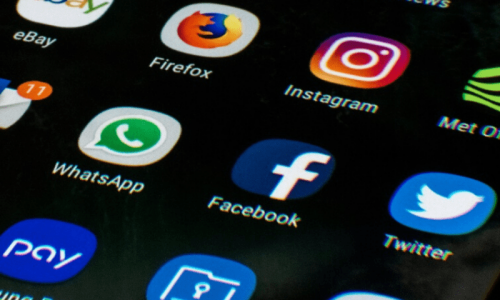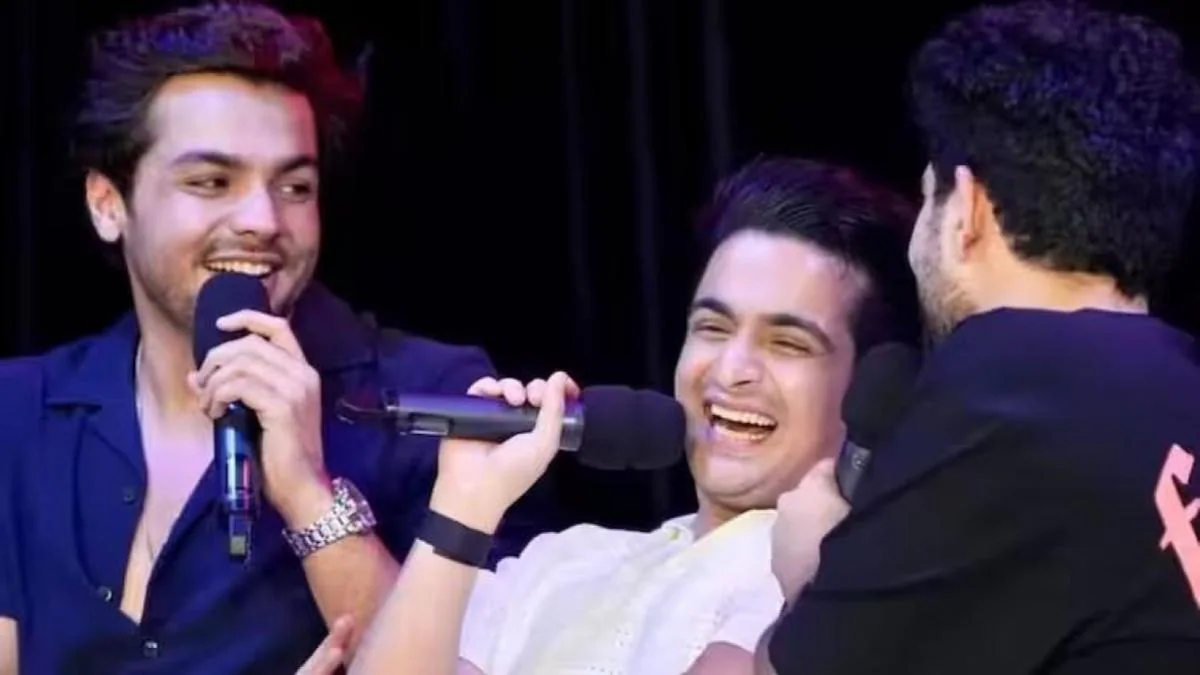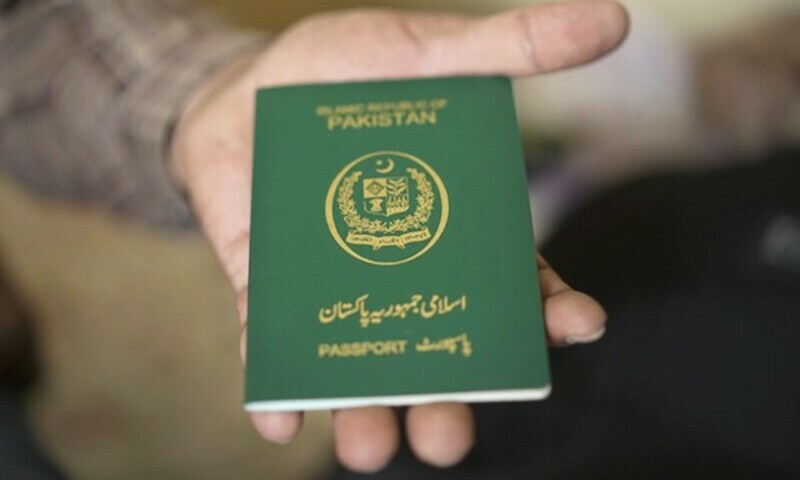As Indian Prime Minister Narendra Modi delegated defense responsibilities to the military and focused on economic affairs, India’s response to Pakistan following the recent Pahalgam attack appears to be mirroring the \strategy it uses against dissent: financial and media suppression.
While inaugurating a port in Kerala on Friday, Modi mocked opposition leaders, even as his government moved to block access to Pakistani digital platforms. According to The Telegraph, India geo-restricted the official YouTube channel of Pakistani Prime Minister Shehbaz Sharif, citing national security and public order concerns.
This development is part of a broader digital clampdown in the wake of the April 22 terrorist attack in Pahalgam, which killed 26 civilians, including many tourists. Users in India attempting to access Shehbaz Sharif’s channel now encounter the message: “This content is currently unavailable in this country because of an order from the government related to national security or public order.”
This is the most prominent restriction since similar actions were taken against the YouTube channels of Pakistani Defence Minister Khawaja Asif and the Inter-Services Public Relations (ISPR). India’s Ministry of Information and Broadcasting invoked emergency powers under the Information Technology Act to compel major platforms to restrict Pakistani accounts accused of spreading misinformation and anti-India narratives.
READ MORE: Moto Edge 70 Leak Reveals Familiar Design with Performance Upgrades
Among the more unexpected targets of this crackdown are prominent Pakistani cricketers, whose social media accounts have large Indian followings. Instagram accounts belonging to players like Babar Azam, Mohammad Rizwan, Shaheen Shah Afridi, and Haris Rauf have been blocked for Indian users. Attempts to view these accounts now return a notice saying the content is restricted due to a legal request.
Additionally, YouTube channels run by Shahid Afridi, Shoaib Akhtar, and Basit Ali have also been geo-restricted. Officials claim these actions are necessary to prevent the dissemination of material that could incite unrest or anti-India sentiment, particularly in light of the Kashmir incident.
While some former cricketers, including Wasim Akram and Waqar Younis, remain visible on Indian social media, the report suggests more profiles are under scrutiny. Other YouTube channels impacted include Shoaib Akhtar’s, Syed Muzammil Shah’s, Arzoo Kazmi’s, and content platforms like Duniya Merey Aagay, Ghulam Nabi Madni, and HAQEEQAT TV.
Olympic silver medallist Arshad Nadeem’s Instagram account has also been blocked in India. The tenth season of the Pakistan Super League (PSL) is currently not available for Indian viewers, after broadcasters Sony Sports Network and FanCode halted its telecast following the Pahalgam attack.
The crackdown extends beyond politics and sports. Popular Pakistani actresses Mahira Khan and Hania Aamir, along with celebrities like Ali Zafar and Fawad Khan, have seen their Instagram accounts restricted in India.
Indian officials state that this digital monitoring will continue to safeguard national interests, especially in matters related to terrorism, defense, and foreign affairs.
IMF Angle
In a separate move, India is pressuring global financial institutions, including the International Monetary Fund (IMF), to reassess financial aid and loans provided to Pakistan. According to a government source quoted by Reuters, New Delhi is urging these agencies to reconsider their support as part of a broader strategy to isolate Pakistan diplomatically.
Pakistan, which secured a $7 billion bailout from the IMF last year and an additional $1.3 billion in climate funding this March, claims its financial recovery is on track. Khurram Schehzad, adviser to Pakistan’s finance minister, told Reuters that the recent review went well and Pakistan had over 70 productive meetings during spring sessions in Washington with strong international interest in supporting its economic recovery.




